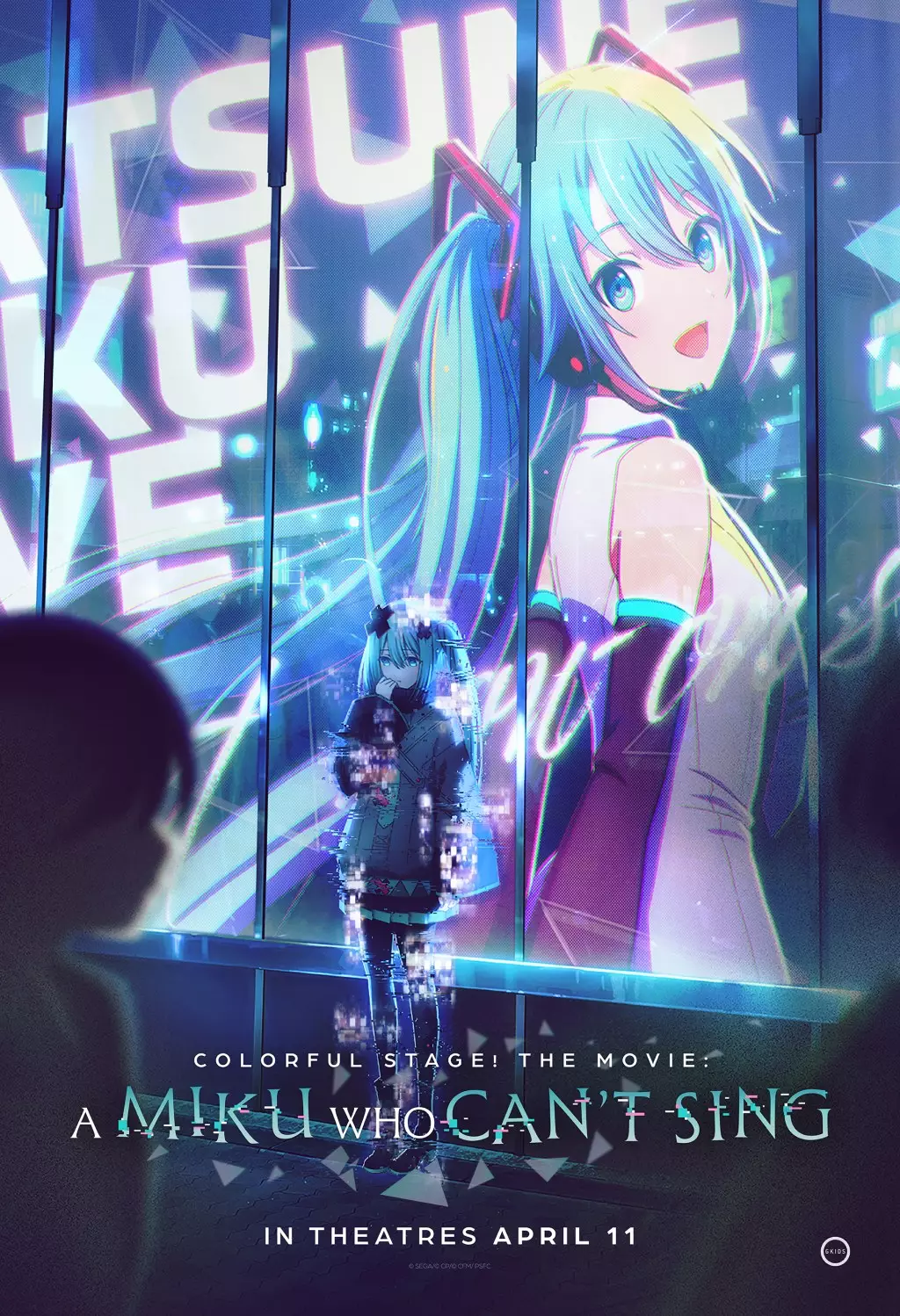The recent emergence of faith-based films as a formidable contender in the cinematic landscape is nothing short of intriguing. Over the Easter weekend, films like Angel Studios’ *The King Of Kings* not only showcased their staying power but also hinted at a seismic shift within mainstream cinema. With a $17.3 million gross in its second week, this animated feature climbed to the number three spot, attracting audiences who are often overlooked by typical Hollywood productions. The success of these films during a time when traditional indie offerings seem to flounder is a testament to a growing audience that craves content that aligns with their values.
The Success of “The Chosen” Franchise
Equally noteworthy is *The Chosen: The Last Supper (Season 5) Part 3*, which not only continued a trend of financial success but also garnered the highest earnings of the series to date, raking in $42.4 million domestically. This begs the question: what is fueling this fervent interest? As audiences gravitate towards relatable storytelling and character development that aligns with their beliefs, it’s clear that these films resonate on a deeper emotional level. They provide a sense of community among viewers, reinforcing the narrative of shared values that traditional cinema often neglects.
Anime’s Unique Appeal Amidst Faith-Based Dominance
In a crowded marketplace, it’s fascinating that even an anime, such as GKids’ *Colorful Stage! The Movie: A Miku Who Can’t Sing*, found its slice of the pie, landing seventh with a $2.76 million opening. This reveals a different layer of audience engagement—where cultures and genres intertwine, reflecting a shift toward an aspirational youth culture. The infusion of high school narratives with musical discovery highlights a universal theme of seeking one’s identity. It further illustrates that even amid faith-centered storytelling, diversity remains critical, and audiences are eager to explore different avenues of expression.
The Irony of Reimagining Classics
The re-release of *Pride & Prejudice* (2005) adds a curious twist to this narrative. Despite its well-trodden path, the film still managed to draw attention, underlining the nostalgic value that perennial favorites hold in the hearts of viewers. In times marked by division and uncertainty, audiences are often drawn to familiar stories that embody timeless themes of love and resilience. The irony lies in its placement amidst faith-based entries, suggesting a dance between tradition and innovation in the broader cinematic experience.
A Cautionary Tale for Traditional Indies
The dismal showing of some traditional indie films, like *The Wedding Banquet*, which grossed only $922.9k, serves as a cautionary tale. The film industry is evolving, and there appears to be a chasm widening between what the mainstream considers essential viewing and what niche filmmakers produce. The reality is stark: if indie films cannot find a way to connect with audiences similarly to their faith-based counterparts, they face an uphill battle in an ever-competitive market.
The burgeoning success of faith-based films indicates a hunger for meaningful stories. Yet, in this climate of shifting paradigms, one must ponder the future trajectory of cinema, where stories rooted in spirituality might not merely flourish but redefine what audiences come to seek in their cinematic experiences.

